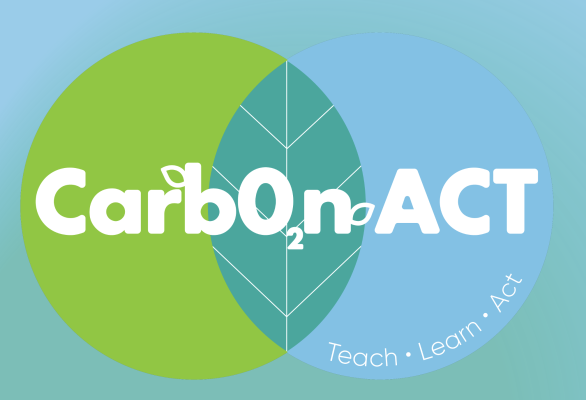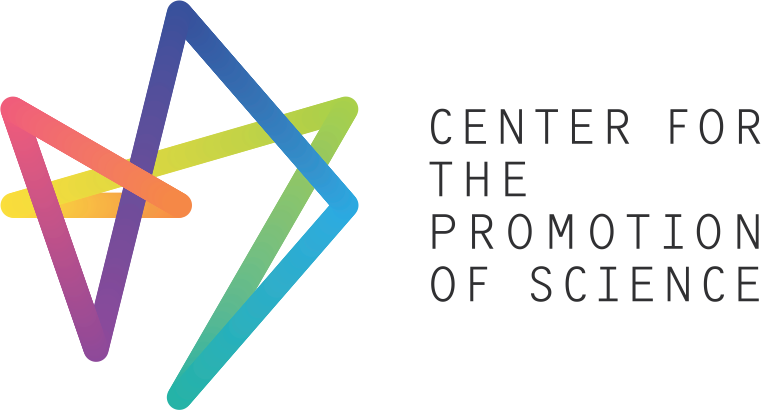
Climate change has a critical impact on various aspects of human life, including the stability of communities, health systems, and overall human wellbeing. Already, there has been a significant rise in extreme climatic and environmental changes due to an increase in average temperatures. If left unaddressed, climate change will have a severe impact on the health of both current and future generations, further burdening already overwhelmed health systems and the universal health coverage. The Carbon Act project therefore proposes a bottom-up approach to integrate climate change into the classroom and contribute to the achievement of the UN Sustainable Development Goals. Through its three central phases − desk research, piloting and large-scale deployment − the project aims to develop exemplary practices and guidelines to ensure widespread adoption of integrating climate change into STEM teaching and strategies at the school level.
Project Information
Funding source: Erasmus+
Project duration: 01/2023 − 12/2025
Project Website: under construction
Contact: Danijela Vučićević – dvucicevic@cpn.rs
Coordinator
European SchoolNet, Belgium
Partners
Instytut Geofizyki Polskiej Akademii Nauk, Poland
Goteborgsregionens Kommunalforbund, Sweden
Center for the Promotion of Science
Project Description:
Education has a crucial role to play in addressing the challenge of climate change. By encouraging people to modify their behaviour and make informed decisions, it enables an active adaptation and the implementation of the related policies and regulations. In this context, the Carbon Act project proposes a bottom-up approach that involves three complementary blocks of activities. These blocks aim to foster exemplary practices and guidelines for integrating climate change into the classroom and ensuring their widespread dissemination and adoption. The foundational first block involves desk research into existing climate change initiatives and developing a curriculum analysis for introducing climate change into schools. The second block is a piloting phase, where learning scenarios on the topic will be co-developed, leading to the creation of an online catalogue and Massive Open Online Courses (MOOCs) for large-scale implementation in European countries. Finally, the third block represents the large-scale deployment phase, where MOOCs, videos, competitions, and final reports will be developed and run to ensure broad participation by schools and institutions interested in integrating climate change into STEM teaching and strategies at the school level.
The Role of CPN
The Center for the Promotion of Science is leading WP3 of the project, with the primary objective of knowledge building. To achieve this goal, the Center is striving to enhance knowledge of climate change and promote sustainability initiatives, foster the development of sustainability competencies, and collect and arrange information on ongoing climate change initiatives in primary and secondary schools. Furthermore, the Center will involve significant number of scientists, schools and teachers from Serbia, within the process of encouraging European schools and educators at large to embrace climate change and sustainability challenges across all education levels. Additionally, the Center will contribute to the creation of the project pedagogical methodologies that facilitate the learning mechanisms, such as Inquiry-based science education.

Funded by the European Union. Views and opinions expressed are those of the author(s) only and do not necessarily reflect those of the European Union or the European Education and Culture Executive Agency (EACEA). Neither the European Union nor the granting authority can be held responsible for them.
